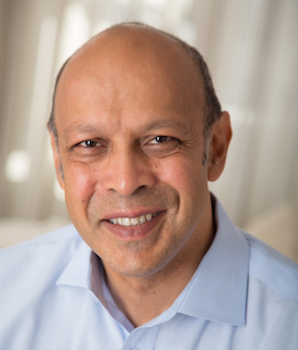Reporting on Genome Editing: An International Discussion
E5) Reporting on Genome Editing: An International Discussion
Genome editing is one of the fastest-moving stories in science today. The 2012 introduction of CRISPR technology, which allows scientists to rewrite genomes with ease and precision, has sparked an international race to apply it to medicine, agriculture, and basic scientific research.
Most prominently, CRISPR allows scientists to tinker with sperm, eggs, or embryos, raising the prospect of altering an individual’s germline and passing down changes to future generations.
Scientific organizations have called for a moratorium on clinical trials of human germline editing until safety and ethical concerns about its use are resolved. But researchers in several nations, including China, England, Sweden, and the United States, are moving forward with CRISPR research on early human embryos. At present, there is wide disparity among nations in how these concerns are addressed.
This session will bring together an international group of leading journalists to discuss the experience of reporting on genome editing. Each panelist will describe the environment for genome editing in his or her own country, touching on topics such as the experiments attempted so far, the regulations in place, public opinion on genome editing, and the ways that economic, religious, historical, or cultural factors influence media coverage. In addition, the panel will highlight some of the shared challenges of reporting on genome editing and consider what role the media can or should play to encourage a public dialogue about a powerful technology that could alter the course of human evolution.





